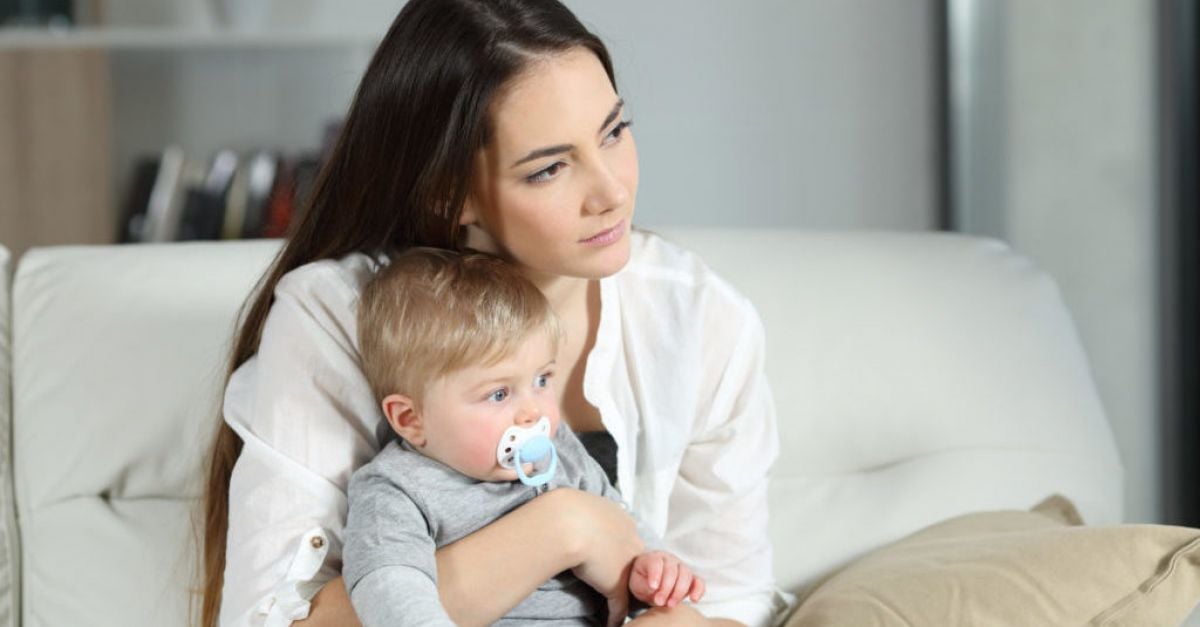Understanding Postpartum Psychosis
Postpartum psychosis is a mental illness that affects new mothers, with symptoms that can vary from sudden onset severe depression to delusions and hallucinations. Here’s what you need to know about this condition:
What is Postpartum Psychosis?
Postpartum psychosis, also known as puerperal psychosis or postnatal psychosis, is a serious mental health illness that occurs shortly after giving birth. It can manifest within two weeks postpartum, but in some cases, it may go undetected for several weeks.
Recognizing the Symptoms
- Sudden onset severe depression
- Elevated mood, hypomania, and manic episodes
- Rapid mood swings
- Delusions and hallucinations
- Unusual beliefs and paranoia
- Sleep disturbances
- Personality changes
Supporting Mothers with Postpartum Psychosis
For mothers experiencing postpartum psychosis, timely emergency care is crucial for a positive prognosis. Here are ways to support mothers with this condition:
- Admission to specialist mother and baby units for expert care
- Encouragement of breastfeeding and guidance on compatible medications
- Reassurance that the condition is not the mother’s fault
- Support with bonding and attachment
- Continued care in the community post-treatment
Seeking Help
Immediate support for postpartum psychosis can be sought through emergency GP appointments, A&E visits, or by calling 999 for prompt diagnosis and treatment. Perinatal mental health teams, health visiting services, and various charities like Mind and Tommy’s offer valuable resources and support for mothers and families dealing with postpartum psychosis.

















































